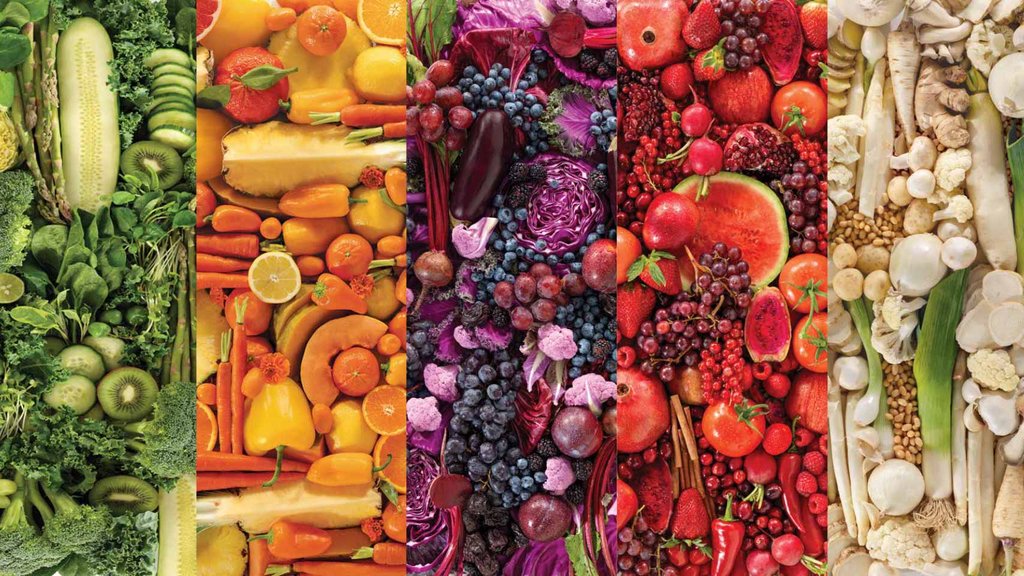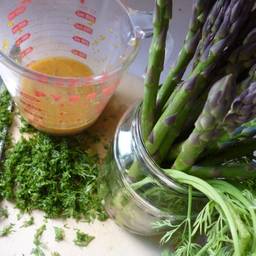PHYTONUTRIENTS are naturally occurring plant compounds. 
Plants produce them for their own protection from insects or bacteria, as pigments for energy production and flavour. There are thousands of these different phytonutrients in vegetables, usually in small amounts. They are often responsible for the bright colours of fruits and vegetables, and research is showing that these compounds may help reduce the risk of disease and promote health. Examples of phytonutrients are lycopene in tomatoes, beta-carotene in carrots and glucosinolates in broccoli.
There is no single magic phytonutrient that can be isolated into a daily tablet! The most protective effect comes from eating a wide variety of vegetables as they occur naturally in these foods.
Phytonutrients may work in lots of different ways to protect against disease and promote health. Modes of action that are being investigated include anti-inflammatory activity, boosting the body’s antioxidant defences, modulating gut microflora, lowering cholesterol, fighting bacteria and supporting the body’s immunity. Unlike vitamins and minerals no recommended dietary intake levels have been established for phytonutrients. Health claims are not permitted (with the exception of some carotenoids that can be converted to vitamin A) and further human trials are required to further substantiate the benefits.
The message of eating a rainbow of colours just gets stronger!
Source and acknowledgement; Plant & Food Research, Lincoln 2018, and thanks to www.vegetables.co.nz – great website, certainly worth checking out!



